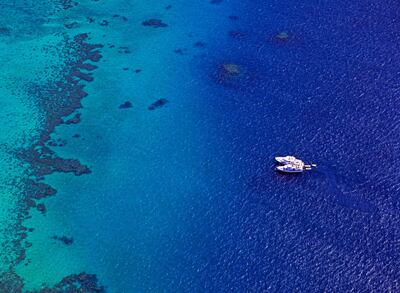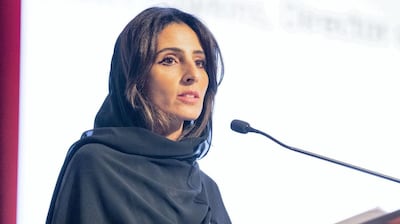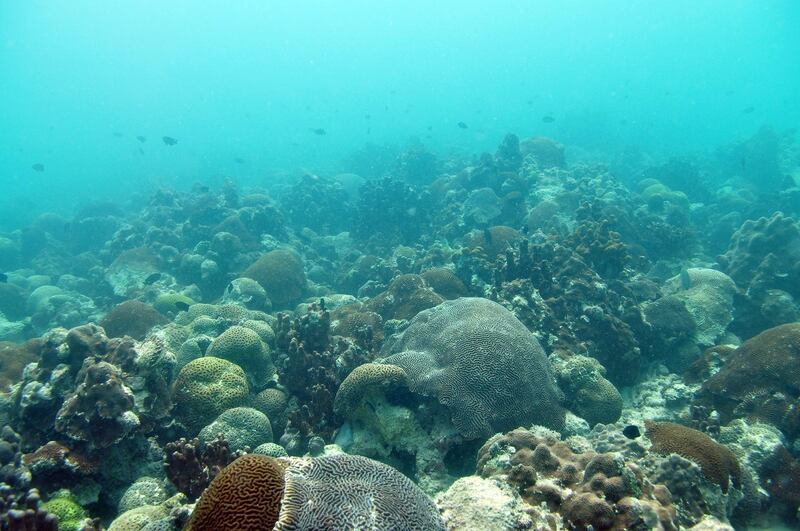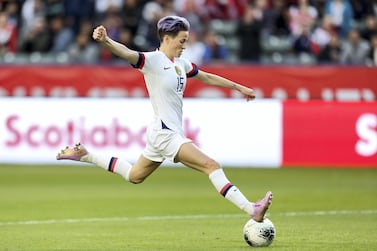More than a decade ago, the rise of social media, mobile connectivity and a growing awareness of the crisis of the natural world helped conservationists, scientists and environmental activists begin to work together in real time to monitor and respond to the damage that human activity was doing to plant and animal life across continents.
At the government level, simultaneously, an increasing focus on the risks of climate change resulted in more resources being put into the research needed to shape more sustainable policies.
There was a time when both these trends seemed to be moving in lockstep. The momentum resulted in almost all countries agreeing on taking action and setting targets.
Since the financial crisis erupted in 2007 and with a job market disrupted by faster technological change, priorities for many governments shifted. However, individuals who had been working in labs and organisations, and who have led the fight against the impact of climate change, have not slowed their efforts. Rather it has been the opposite. Meanwhile, some both national and local governments have stayed focused on what is now a climate emergency.
It is worth putting a spotlight on these efforts.
For example, the UAE is to create the world’s largest artificial coral reef off the east coast of Fujairah, including about 300,000 mature adult colonies – about the size of three football pitches – in a single location.
The Fujairah Cultured Coral Reef Gardens is an ambitious undertaking, and the Ministry of Climate Change and Environment says it is part of its efforts to protect the UAE's biodiversity and champion sustainability.

There are food security implications, too. The gardens will be a haven for a large number of local fish species, including the hammour and sheri, which are over-exploited, threatening their long-term survival. It is a project that requires collaboration beyond borders. Conservationists from the Florida Keys in the US will help local marine biologists to grow coral.
The impact of climate change on the natural habitats in the waters around the UAE and its neighbours has been seen most starkly during a record hot summer three years ago that left almost all of Abu Dhabi's coral cover bleached and struggling to survive.
From the Great Barrier Reef to the Arabian Gulf and beyond, protecting the seas and oceans – and the life that teems within them – is about as urgent an issue as you could hope to find. Leading scientific research suggests that the world's oceans are warming about 40 per cent faster than previously estimated.
That is why countries such as the UAE have been taking the lead and there are partners ready to support its own efforts.
Globally, however, we need to do more. We have already fallen behind in our globally set targets to halt the decline of plant and animal species and to help ecosystems recover.
As Razan Al Mubarak, managing director of the Mohamed bin Zayed Species Conservation Fund, warned this month, "business cannot carry on as usual. We all need to act. This includes politicians, scientists, environmentalists, everyone must make a difference in our day-to-day lives".

There will be more negotiations this year at the multilateral level for nations to agree on new targets for the next decade. However, this formal process does feel a little like we are carrying on as usual given the seepage of the will to act by some governments.
Luckily, a change is likely to come at the both the local level and on a more bilateral basis. Cities, for example, are taking on more of a leadership role in the absence of faster action from national governments.
On an individual level, too, there is more commitment than ever before. It is hard to imagine who would actually want landmark deals such as the 2015 Paris Agreement to limit global warming to fail. Perhaps it is those people who believe that shorter-term developments are worth more of our time, such as those related to migration or economy. They should know that these problems are all connected in some way to the world around us and the consequences of how the planet is changing as a result of climate change, including food shortages and extreme weather.
While I may not fully grasp the mechanics of how climate change can have such an immediate impact on my day-to-day life, I am willing to take the short leap of faith that it does, and respond in the right way. This is much like how I do not quite understand how electricity actually works but am still willing to switch on the lights when I enter a dark room.
At local, national and global levels, there will continue to be those great people who take the necessary and collaborative action needed, no matter what doubts they may have, about the proximity of the threat we face.
They deserve our support.
Mustafa Alrawi is an assistant editor-in-chief at The National






